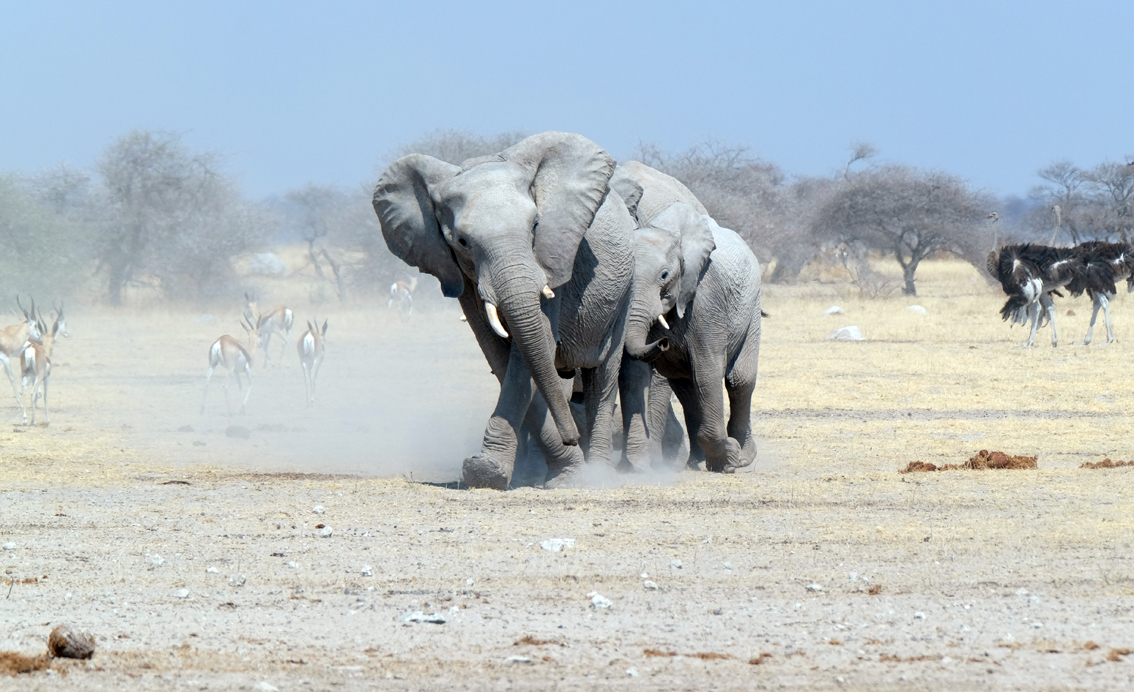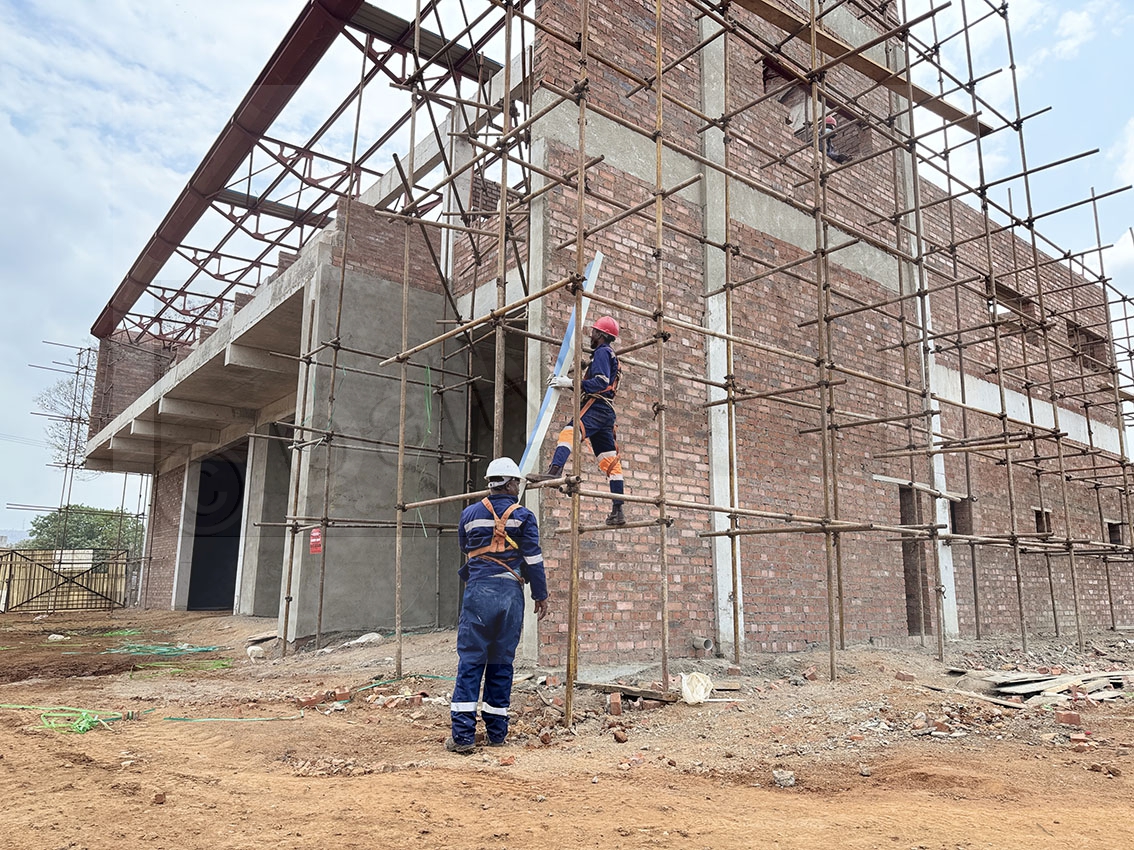CBOs speak against UK trophy ban
01 Nov 2022
Some community based organisations have pledged support to counter the proposed trophy hunting import ban bill scheduled to be tabled before the United Kingdom Parliament.
The organisations’ representatives vowed, at a stakeholder engagement meeting in Maun recently, to support Ngamiland Council of Non-Governmental Organisations (NCONGO) and other SADC countries in their quest to counter the bill.
They heard that NCONGO, in collaboration with some concerned parties from SADC member states and researchers, had submitted a letter to the United Kingdom government opposing the said bill.
NCONGO executive director, Mr Siyoka Simasiku informed the representatives that the proposed bill threatened the rights and livelihoods of African communities, hence their efforts to counter it.
He revealed that in Botswana about eight community trusts had signed the letter, adding that other letters had been sent to individual Members of Parliament requesting audience.
The community trust representatives argued that a trophy hunting ban would be a serious blow, as hunting was a source of livelihood for the communities in remote areas.
They also argued that hunting was done in a controlled manner in Botswana and that it offered many benefits, stating that the revenue generated improved livelihoods and also helped in implementation of development projects.
They argued that people who advocated for trophy hunting ban did not understand the importance of hunting and that conservation could not succeed in the long term if local communities were isolated from wildlife benefits.
Meanwhile, Mr Simasiku also apprised the gathering about the Community Leaders Network of Southern Africa, a collaborative grouping of rural representatives from nine SADC member states, which was formed in 2019 after the inaugural African Wildlife Summit held in Victoria Falls, Zimbabwe.
He said community leaders from South Africa, Tanzania, Malawi, Mozambique, Angola, Namibia, Botswana, Zimbabwe and Zambia noted the need to have one voice when dealing with community rights on natural resources in Southern Africa.
Mr Simasiku explained that the movement aimed to ensure decisions reflected the needs and rights of local communities to manage and benefit from natural resources and to promote participation and influence policy negotiations.
“Our work is to strengthen the Community Based Natural Resource Management (CBNRM) programme as well as to use community generated data to inform decision making,” he added.
He also encouraged community based organisations to attend conventions to learn more and exchange ideas with their counterparts.
He cited conventions such as CITIES Cop 19, IUCN African Protected Areas Congress (APAC), which attract African leaders, citizens and interest groups to discuss the role of protected areas in conserving nature, safeguarding Africa’s iconic wildlife and promoting sustainable development, while conserving Africa’s cultural heritage and traditions. Ends
Source : BOPA
Author : Esther Mmolai
Location : MAUN
Event : Meeting
Date : 01 Nov 2022






